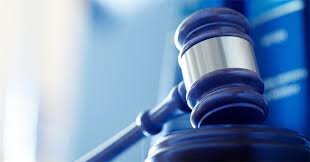With COVID lasting longer than expected, courts are relying more and more on conducting motion and evidentiary hearings via Zoom. While meetings have been very successful on Zoom, court hearings present unique challenges. Here are some of the cautions related to holding court cases via Zoom:
1. Control. Judges lack the same kind of control in a virtual courtroom as they have in a real courtroom. For example, they cannot control who is physically present, who is using a cell phone, who is talking to whom, who is coaching witnesses, etc.
2. Who Really Is Watching? In theory, anyone can walk into a real courtroom to watch a family law hearing, but the reality is that most people are not going to take the time from work, drive to court, find parking, go through security, etc., unless it is a very compelling reason. But, when it is a matter of just logging onto the computer, there could be many lurkers – coworkers, bosses, neighbors, church parishioners, or worse yet, children.
3. The Integrity of Testimony. In trials/evidentiary hearings judges will usually sequester third-party witnesses in the hallway outside the courtroom. But with YouTube and Zoom, this is much harder to achieve. Will judges be able to tell if witnesses are being coached or using notes?
4. Illegal Recordings. Only courts should have the ability to record the trials on Zoom, but realistically, courts do not know whether third parties have illegally recorded the hearing.
5. Judging Witness Demeanor. Some believe that judges cannot assess witness’ demeanor as well via Zoom as when they are physically present in a courtroom - for example, observing shaky hands.
These are considerations to be taken into account when holding hearings virtually.



